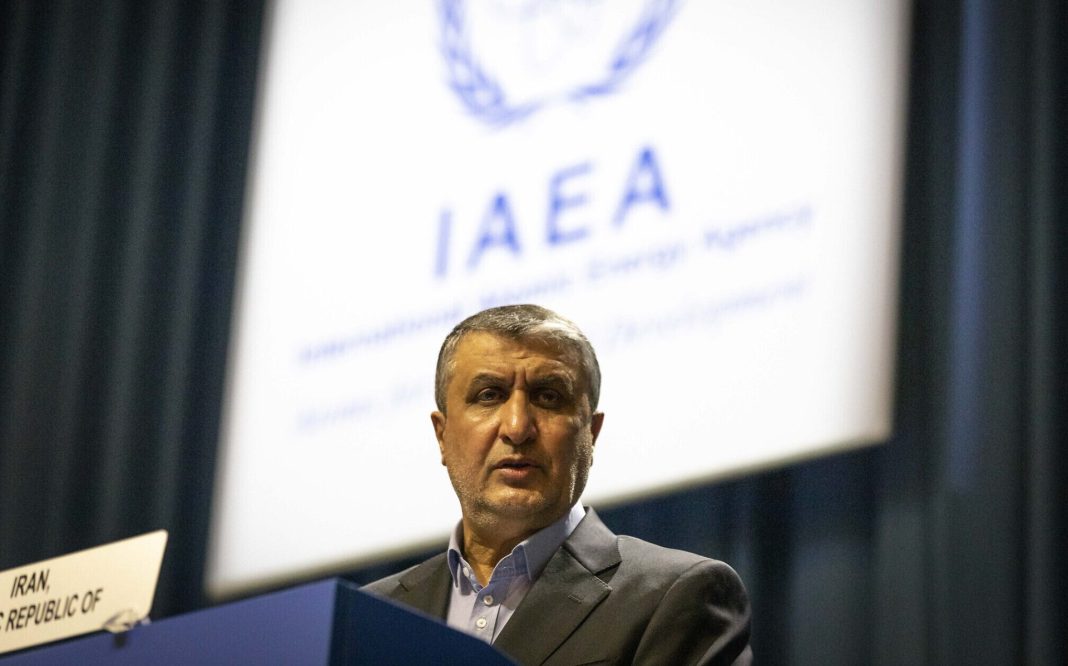Addressing the 68th General Conference of the International Atomic Energy Agency (IAEA) in Vienna on Monday, Mohammad Eslami stated that Iran’s voluntary actions under the JCPOA were carried out in exchange for the lifting of unjust anti-Tehran sanctions.
He asserted that certain countries are now applying political and psychological pressure to force Iran into complying with the nuclear agreement, adding the JCPOA should not be enforced at the cost of only one party, that is Iran.
Eslami also highlighted Iran’s cooperation with the IAEA, pointing out that while Iran’s nuclear facilities make up only 3% of the world’s total, more than one-fifth of the agency’s inspections in 2023 took place in Iran.
However, he expressed the readiness of Iran’s new government and President Masoud Pezeshkian to expand constructive engagement and develop international cooperation.
Elsewhere, Eslami referred to the assassination of Iranian nuclear scientists and acts of sabotage and terrorism against Iran by the Zionist regime, saying that Israeli leaders have launched widespread negative propaganda against Iran’s peaceful nuclear program to distract global attention from their crimes.
Eslami noted that Israeli authorities, over the past year, have repeatedly threatened the people of Iran and Gaza with their nuclear weapons while continuing to refuse to join the NPT. Israel’s nuclear facilities remain outside of IAEA oversight.
He also said that Iran is determined to increase its nuclear energy share to 20,000 megawatts by 2040. So, the IAEA, according to its charter, is obligated to facilitate and support all member states’ access to the necessary technology and equipment without discrimination.
